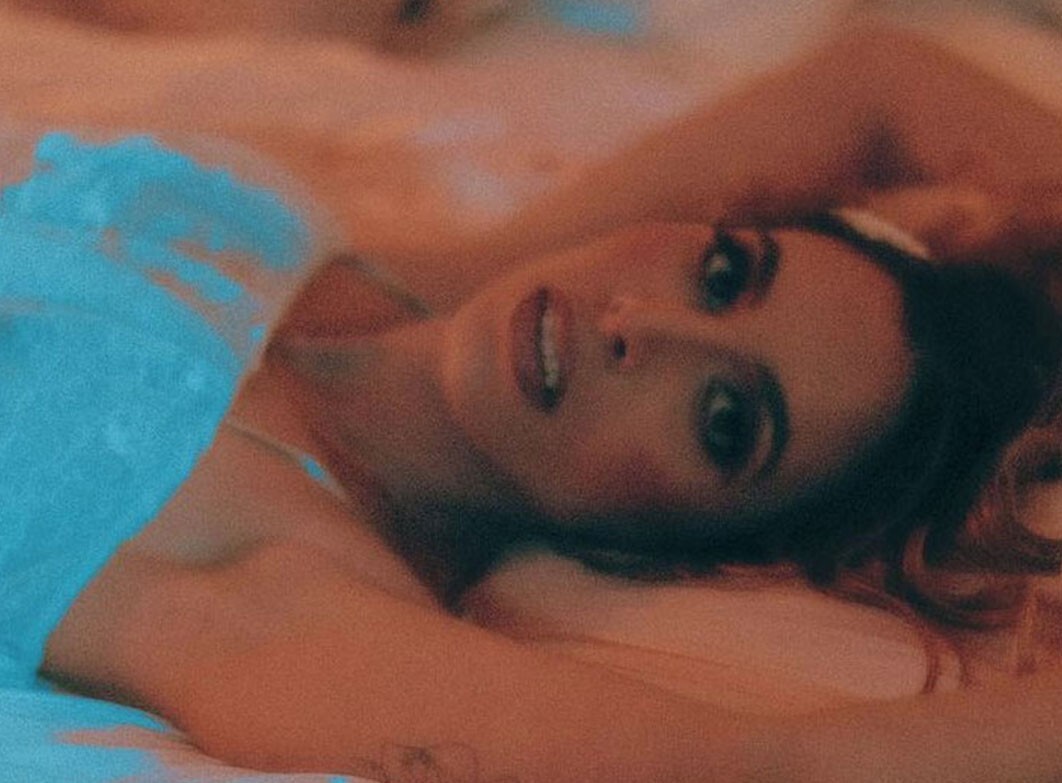

Endometriosis Was Just The Beginning
Women’s pleasure is vitally important. Lara Parker wrote 'Vagina Problems' to remind us why we can’t forget their pain.
March 16, 2021


Women’s pleasure is vitally important. Lara Parker wrote 'Vagina Problems' to remind us why we can’t forget their pain.